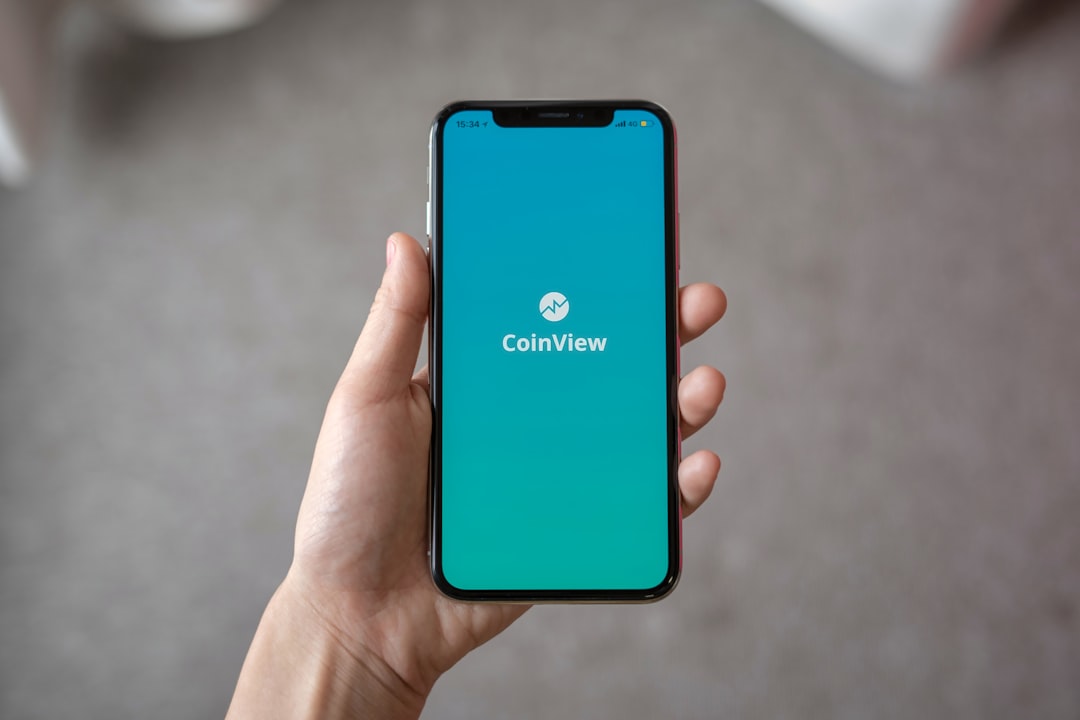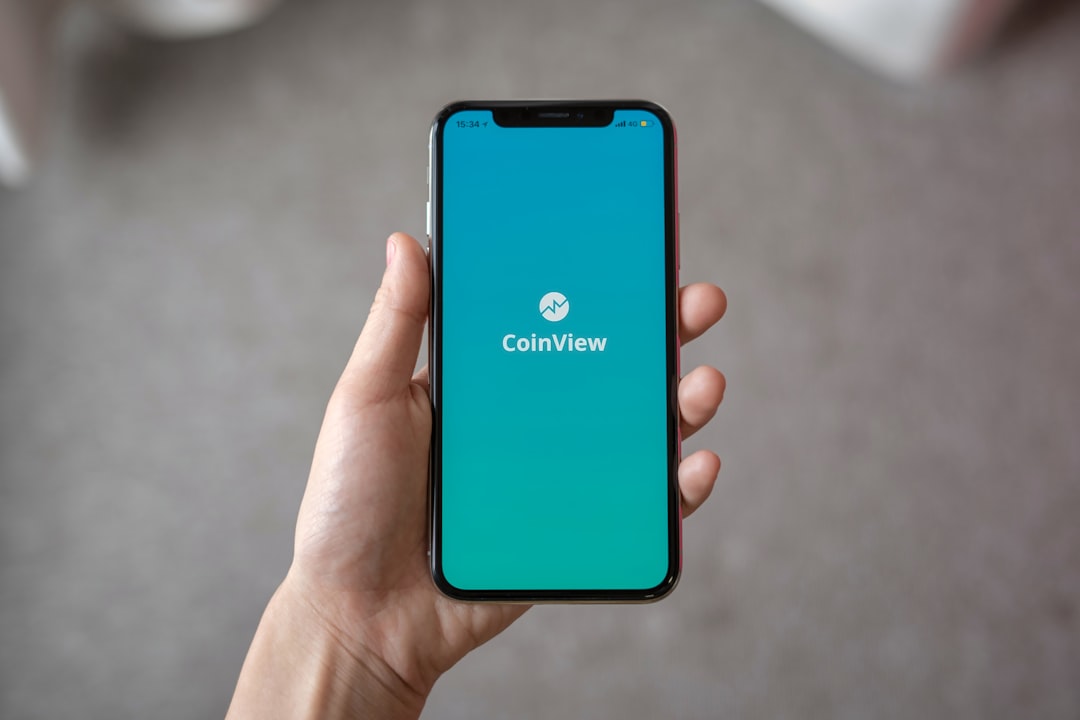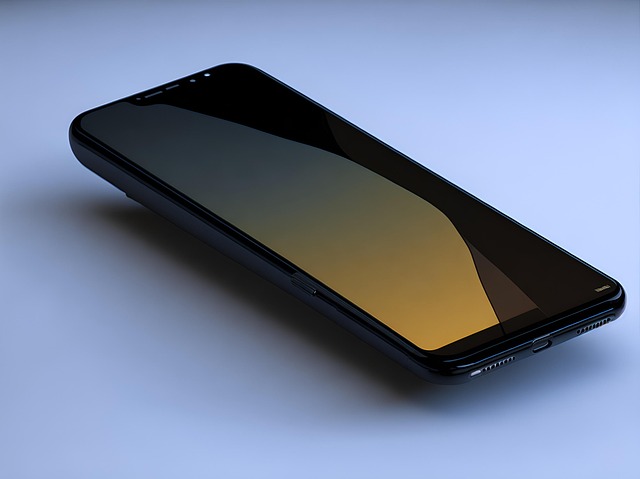In Washington D.C., strict telemarketing regulations protect consumers from deceptive practices, especially in the automotive sector. Businesses engaging in outbound calling must obtain explicit consent, offer clear opt-out options, and adhere to do-not-call registries. Violations can lead to fines and legal action from bodies like the FTC. Following best practices such as training representatives, segmenting audiences, staying current with laws, and addressing complaints professionally is crucial. Engaging a "No Call Lawyer DC" can provide guidance and ensure compliance, maintaining customer trust in this highly regulated environment.
In Washington D.C., telemarketing laws, particularly ‘No Call’ regulations, significantly impact automotive service providers. This article guides businesses through navigating these rules, ensuring compliance and effective marketing strategies. We explore ‘No Call Laws’ specifically targeting auto services, best practices for ethical telemarketing, and common pitfalls to avoid. Stay informed about your rights and obligations with tips from our experts, especially if you’re considering a No Call Lawyer DC.
Understanding Telemarketing Regulations in Washington D.C.

In Washington D.C., telemarketing activities are subject to specific regulations aimed at protecting consumers from unwanted or deceptive calls. Understanding these rules is crucial, especially for automotive service providers who often engage in outbound calling to promote their services. The District of Columbia has implemented laws that include obtaining explicit consent before making telemarketing calls and providing a clear opt-out option during the call. Companies must also ensure their marketing messages are truthful, not misleading, and comply with do-not-call registry requirements.
For those dealing with automotive service claims or disputes, it’s essential to be aware of the presence of “No Call Lawyer DC.” These legal professionals specialize in navigating telemarketing regulations and can advise businesses on best practices to avoid violating consumer protection laws. Staying informed about these rules is vital to maintaining compliance and fostering trust with customers in this highly regulated environment.
No Call Laws: What They Mean for Automotive Services

In Washington D.C., “No Call” laws have significantly impacted the way automotive services engage with potential customers. These regulations restrict telemarketing calls, particularly those made without prior consent or a valid opt-in from the receiver. For auto repair shops, car dealers, and other related services, understanding these rules is crucial to avoid legal repercussions. Violating “No Call” laws can result in fines, damaging business reputation, and even legal action, especially when consumers file complaints with the Better Business Bureau or regulatory bodies like the Federal Trade Commission (FTC).
Automotive service providers must be mindful of consumer privacy rights and obtain explicit consent before initiating calls. This often involves simple processes such as opt-in forms during initial customer interactions or clear opt-out options on marketing materials. Engaging with customers in compliance with these laws not only protects businesses from legal pitfalls but also fosters a sense of trust, ensuring long-term customer relationships. Additionally, employing a “No Call Lawyer DC” can provide guidance and help businesses navigate the complex landscape of consumer protection regulations, ensuring their practices remain compliant and ethical.
Best Practices for Effective yet Compliant Telemarketing

In the realm of telemarketing for automotive services in Washington D.C., adhering to best practices is paramount, especially with strict regulations in place. One key strategy is prioritizing consumer consent and ensuring every call begins with a clear, explicit invitation from the caller. This involves obtaining verbal or written permission before engaging in any sales pitch, a regulation often enforced by the Federal Trade Commission (FTC). Additionally, training representatives to be knowledgeable about services and products, as well as common customer objections, can significantly enhance call outcomes.
Another effective practice is segmenting target audiences based on demographics and preferences. This allows for more personalized interactions, increasing the likelihood of conversion. Moreover, staying updated with local laws and regulations, such as those governed by the Consumer Protection Division in Washington D.C., is crucial to avoid penalties, including potential assistance from a No Call Lawyer DC. Reps should be equipped to handle complaints promptly and professionally, demonstrating a commitment to ethical practices that foster trust and loyalty among customers.
Common Pitfalls to Avoid When Marketing Auto Services by Phone

When engaging in telemarketing for automotive services in Washington D.C., it’s crucial to steer clear of several common pitfalls that can harm your reputation and impact your business negatively. One major no-no is making unsolicited calls, a practice that many consumers find intrusive. Always ensure you have explicit consent before dialing, respecting the ‘Do Not Call’ registry and local laws, especially when marketing legal services with a No Call Lawyer DC.
Another pitfall is overselling or misrepresenting your auto services. Phone conversations demand clarity and transparency. Clearly articulate what your company offers, avoiding exaggerated claims that could lead to customer dissatisfaction once they understand the true scope of your services. Keep scripts and training focused on delivering accurate, valuable information tailored to potential clients’ needs.






